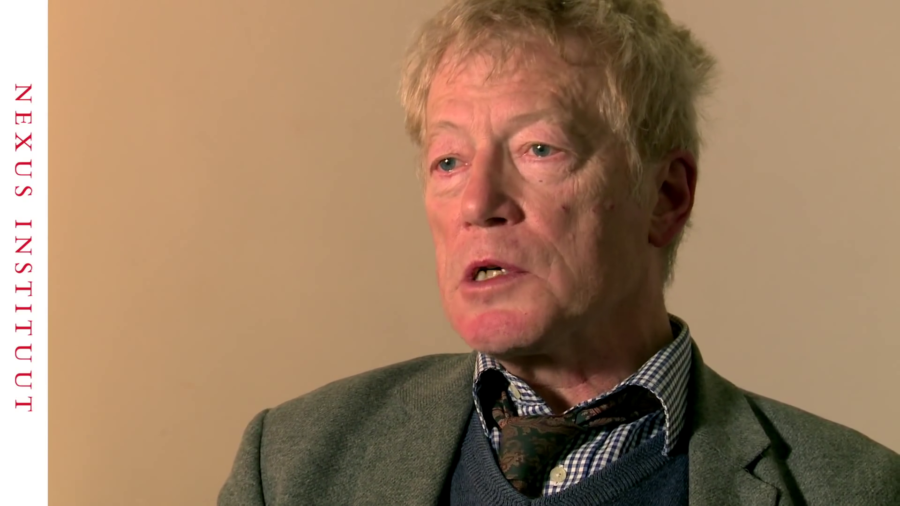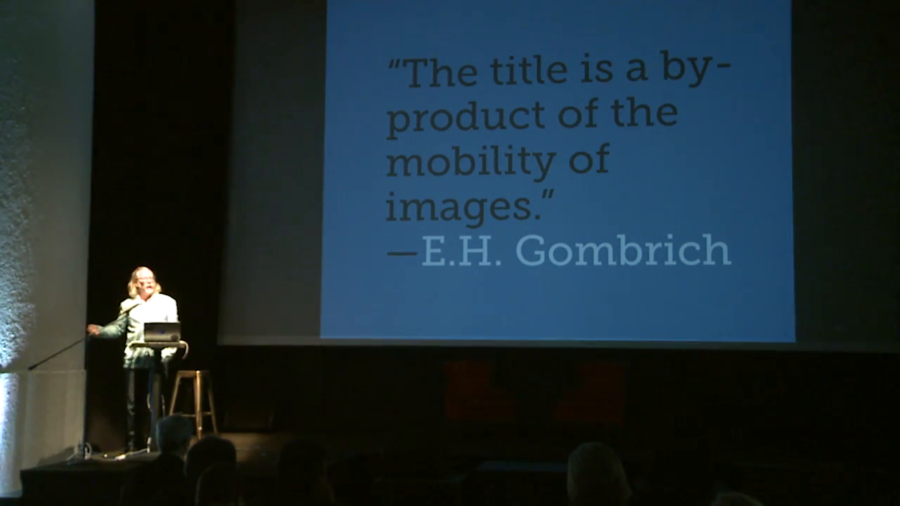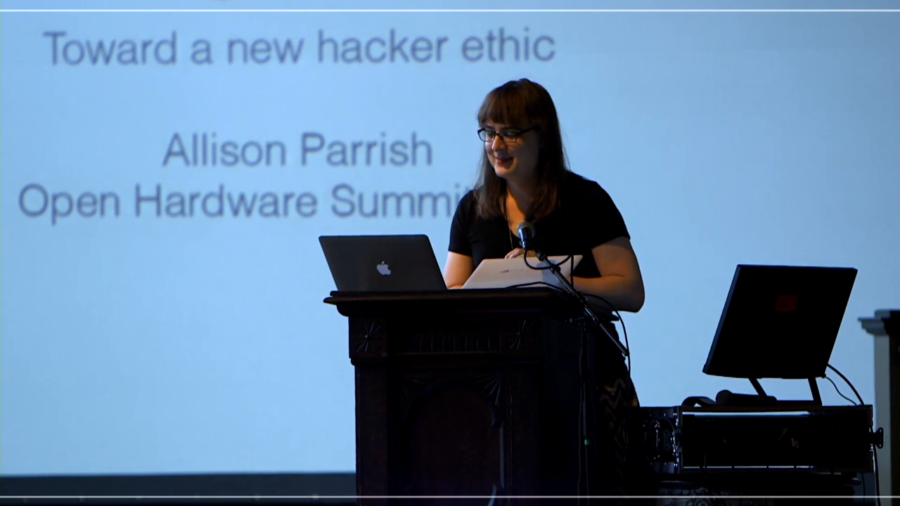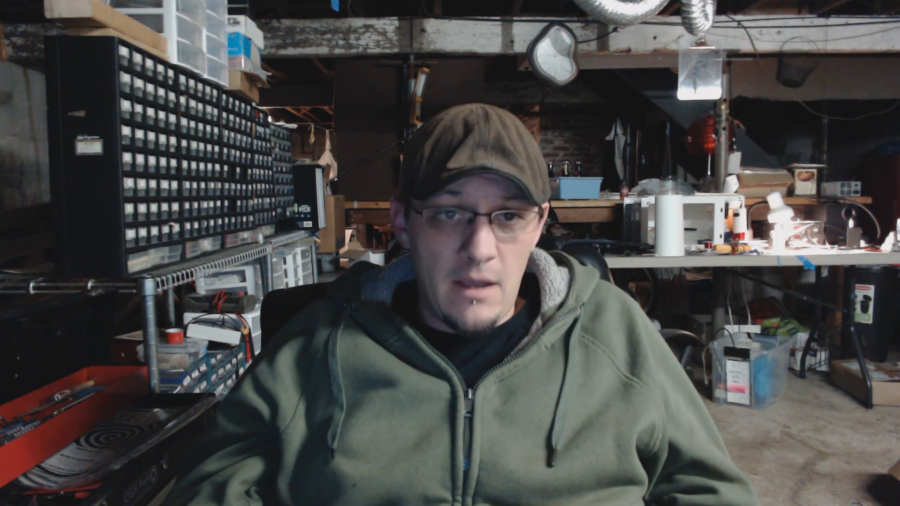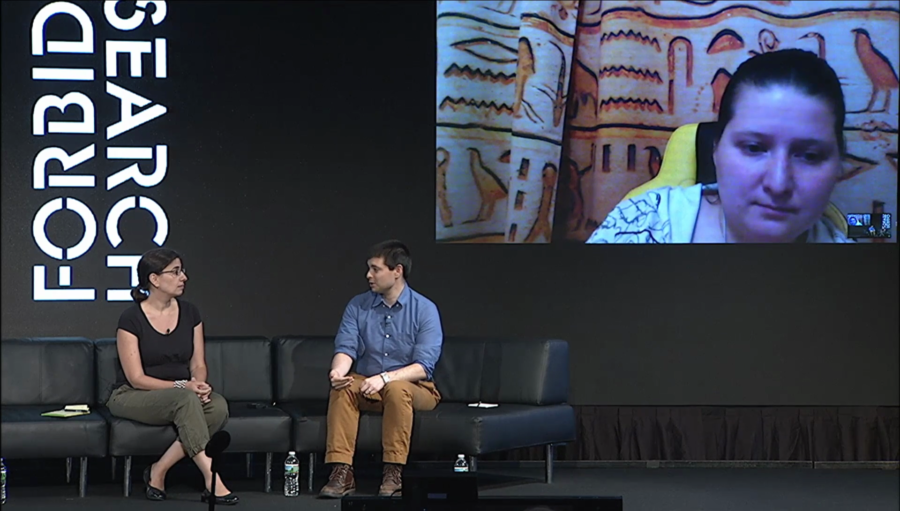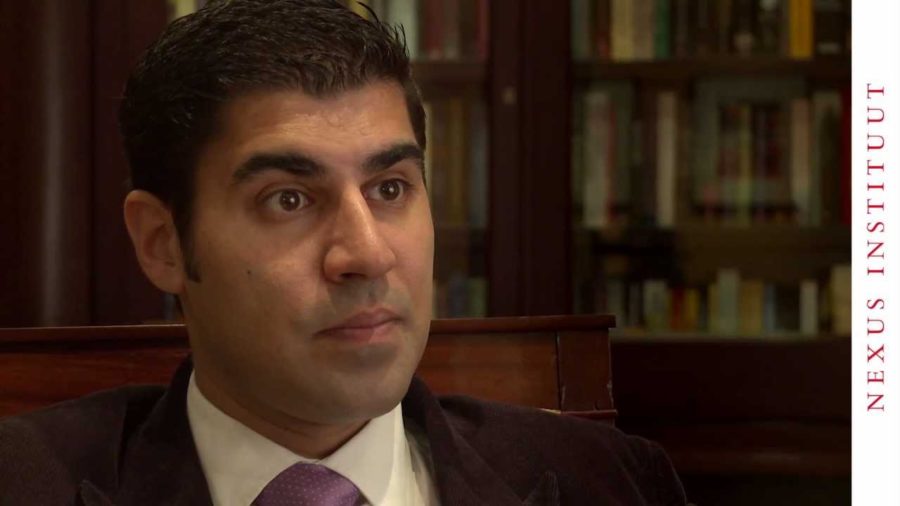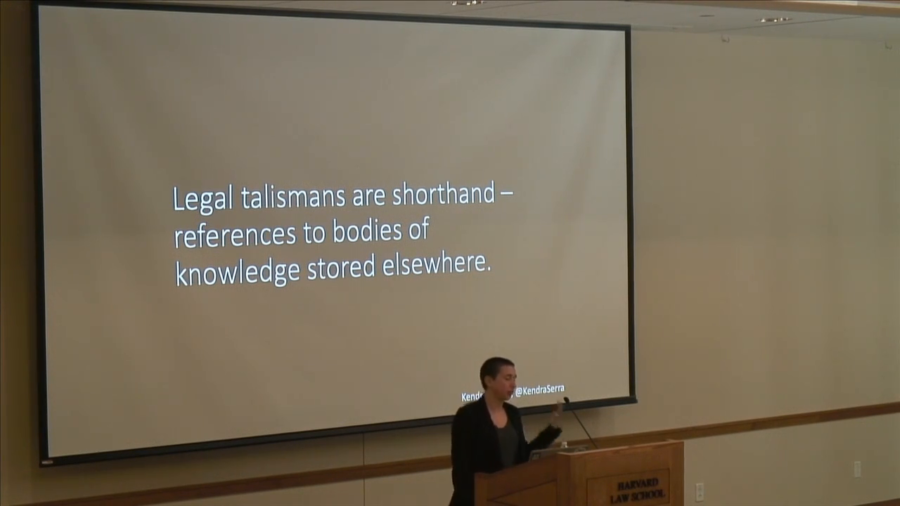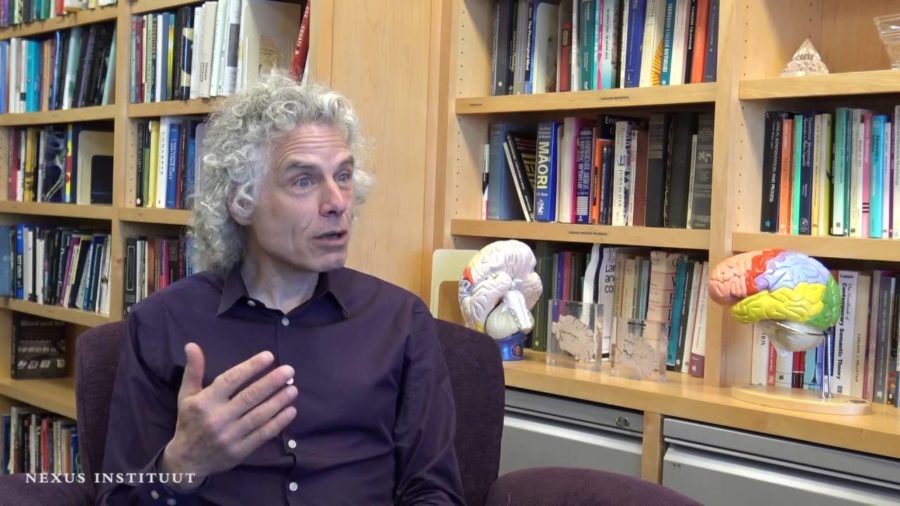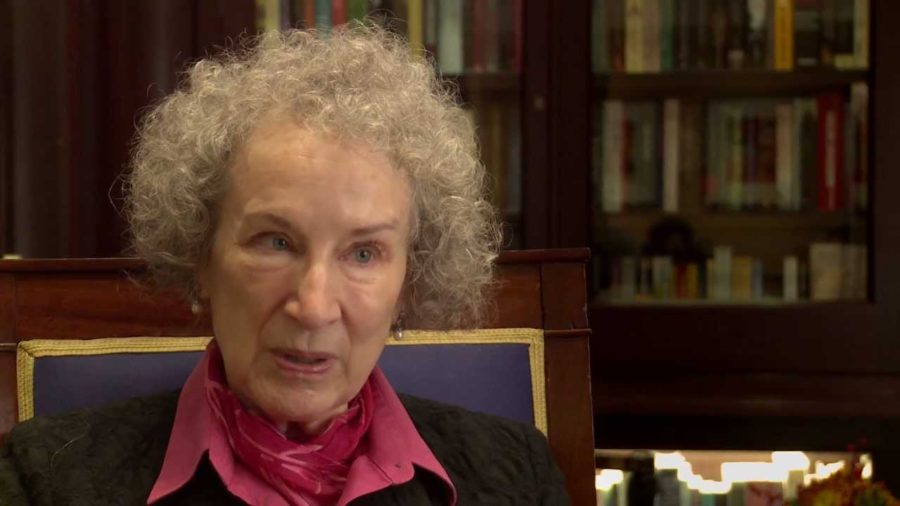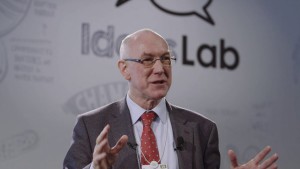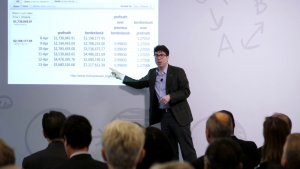I’m going to argue today that even while we know post-truth politics is having a terrible effect on our political culture and our role as citizens, it’s curiously difficult to combat it because of a set of beliefs about what politics is, and about the Internet and the way it enables ordinary people to have a voice. And these beliefs intersect with a prevailing anti-intellectual anti-elitism which associates knowledge, discernment, and truth with snobbery and power.
Disposable Life: Slavoj Žižek
presented by Slavoj Žižek
Under capitalism, the problem is not there are evil people here and there. The problem is the basic logic of the system as it was developed by Zygmunt Bauman and many others. Some people even claim that if you look in a nonhumanitarian way just at the pure logic of today's global capitalism, you arrive at a ratio even some people claim of 20–80%. Read more →


